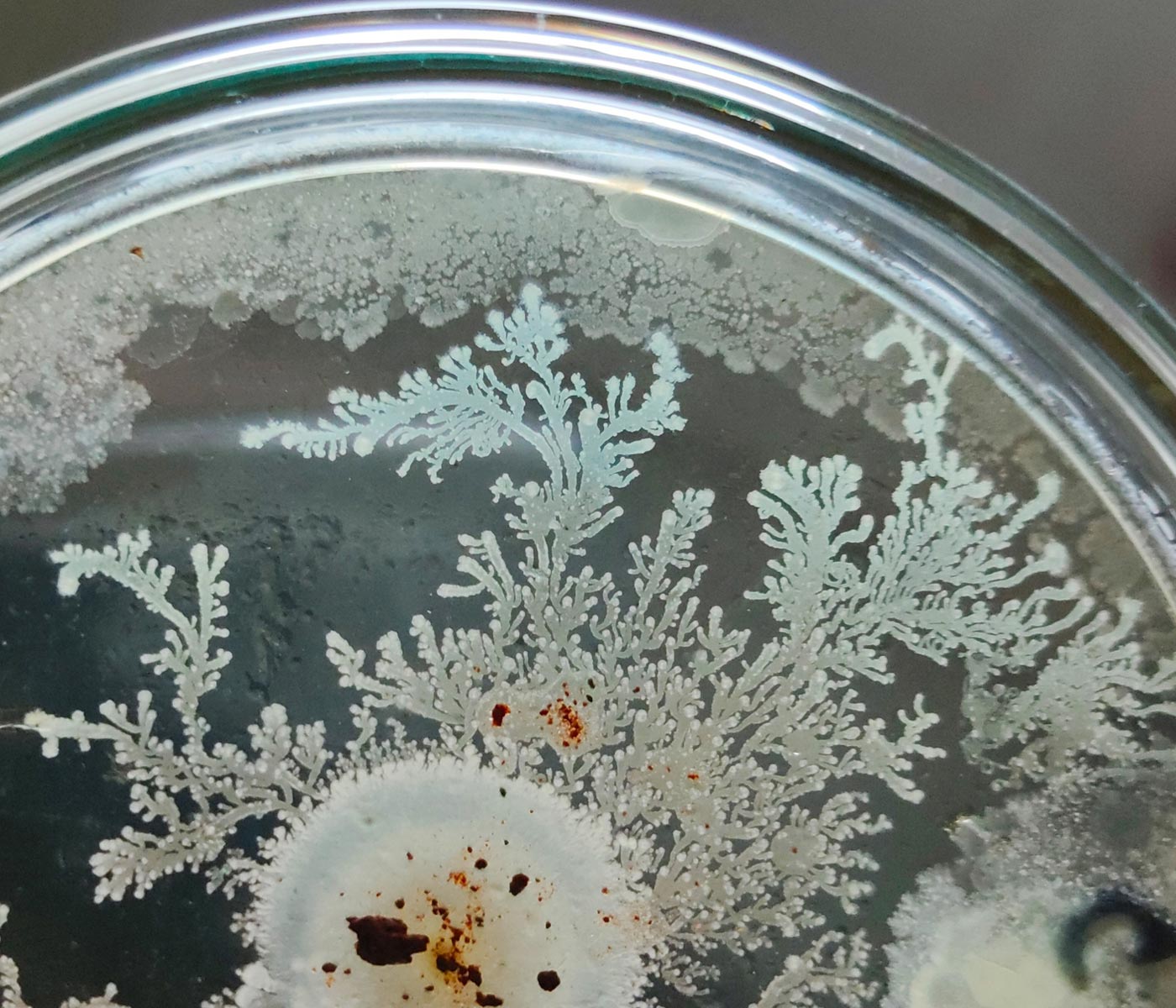Bacillus coagulans: Effects of its dietary inclusion in weaned piglets
Summary
 10 Aug 2022
10 Aug 2022
Bacillus coagulans: Effects of its dietary inclusion in weaned piglets
Summary
Performance in weaned piglets tends to suffer from severe limitations due to the onset of diarrhoea. With this scenario in mind, the following trial was conducted to investigate the effects of Bacillus coagulans as an alternative to antibiotics to promote piglet growth performance and gut health.
For this study 90 healthy weaned piglets (initial weight = 7.70 ± 0.17 kg, weaning age of 26 days) with similar weights were selected. These were randomly distributed into three treatment groups.
Pigs in the negative control group (NC) were fed a basal diet, those in the positive control group (PC) were fed the basal diet plus antibiotics, and those in the test group (BC) were fed the basal diet plus Bacillus coagulans at 600 g/t. The test was carried out during a 28 day a period.
The obtained results showed that the food and weight gain ratio (F:WG) for the BC and PC groups from 1 to 21 days were significantly lower (P < 0.05). The average daily weight gain (ADG) of the BC group from 22 to 28 days was significantly higher (P < 0.05) than that of the NC group in terms of growth performance.
The rate of diarrhea was the lowest for the PC group, followed by the BC group. While the NC group presented the highest rate of the three. The BC group presented a lower rate of diarrhea within the later phase of the trial.
16S rRNA sequencing was performed to measure gut bacteria and the BC group was found to have a greater diversity of gut bacteria than the NC and PC groups (P < 0.05).
From days 1 to 21, the main differential species were Ruminococcaceae_UCG-014 and Faecalibacterium (P < 0.05); from days 22 to 28, the main differential species were Prevotella_9, unclassified_f__Lachnospiraceae, Anaerovibrio and Ruminococcaceae_UCG-002 (P < 0.05).
The correlation analysis between growth performance and species revealed the existence of specific intestinal microorganisms responsible for the variation of F:WG, ADG and diarrhea index, such as Prevotellaceae, Clostridium_sensu_stricto_1, Ruminococcaceae, Phascolarctobacterium and Anaerovibrio.
In conclusion, Bacillus coagulans modified fecal microbial composition of weaned piglets, which had positive effects on growth performance and diarrhea rate. This study offers new insights on the potential application of Bacillus coagulans as an alternative feed additive to replace AGPs.
Implications
This study evaluated the feasibility of Bacillus coagulans as an alternative to antibiotics. The results showed that the addition of Bacillus coagulans to the diet contributed to improving growth performance and diarrhea rates in weaned piglets and was able to improve their intestinal microbial diversity, which is beneficial for safeguarding the intestinal health of weaned piglets.This supports the use of Bacillus coagulans as an alternative microbiological and ecological additive .
Introduction
Piglet feeding is one of the most important issues in modern intensive pig production. Stress syndrome in weaned piglets is a key concern in feed management and has also become a central issue in swine nutrition. This leads to a decrease in feed intake, stunted growth and even the generation of rebellious pigs.
The diarrhea index is often used to assess the feed conversion and intestinal health status of pigs. Diarrhea in weaned piglets and their functional damage in the gastrointestinal tract are important problems to solve in the production of piglets.
On the one hand, economic losses are inevitable. On the other hand, pathogenic bacteria can infect pig products and pose risks to public health.
Extensive studies have shown that antibiotics are the best choice for the prevention and treatment of diarrhea of piglets. Unfortunately, large amounts of antibiotics have been used, leading to many problems, such as drug resistance and environmental pollution. In addition, it directly threatens the health and survival of human beings. Therefore, it is urgent to examine functional additives with…
To read the full study, download the attached PDF.
Tiehu Suna,1, Huabiao Miaob,1, Chengbo Zhangb,1, Yongsheng Wanga, Shuai Liud, Peng Jiaoc, Wei Lic,Yong Lic,⇑, Zunxi HuangbCOFCO Nutrition and Health Research Institute, Beijing 102209, ChinaSchool of Life Science, Yunnan Normal University, Kunming 650500, ChinaCOFCO Feed Co., Ltd., Beijing 10020, ChinaNew Hope Liuhe Group Co., Ltd., Qingdao 266000, China
Subscribe now to the technical magazine of animal nutrition
AUTHORS

Nutritional Interventions to Improve Fertility in Male Broiler Breeders
Edgar Oviedo
The Use of Organic Acids in Poultry: A Natural Path to Health and Productivity
M. Naeem
Synergistic Benefits of Prebiotics and Probiotics in Poultry, Swine, and Cattle
Gustavo Adolfo Quintana-Ospina
Hybrid Rye Potential in Laying Hen Feed Rations
Gwendolyn Jones
A day in the life of phosphorus in pigs: Part I
Rafael Duran Giménez-Rico
Use of enzymes in diets for ruminants
Braulio de la Calle Campos
Minerals and Hoof Health in the Pregnant Sow
Juan Gabriel Espino
Impact of Oxidized Fats on Swine Reproduction and Offspring
Maria Alejandra Perez Alvarado